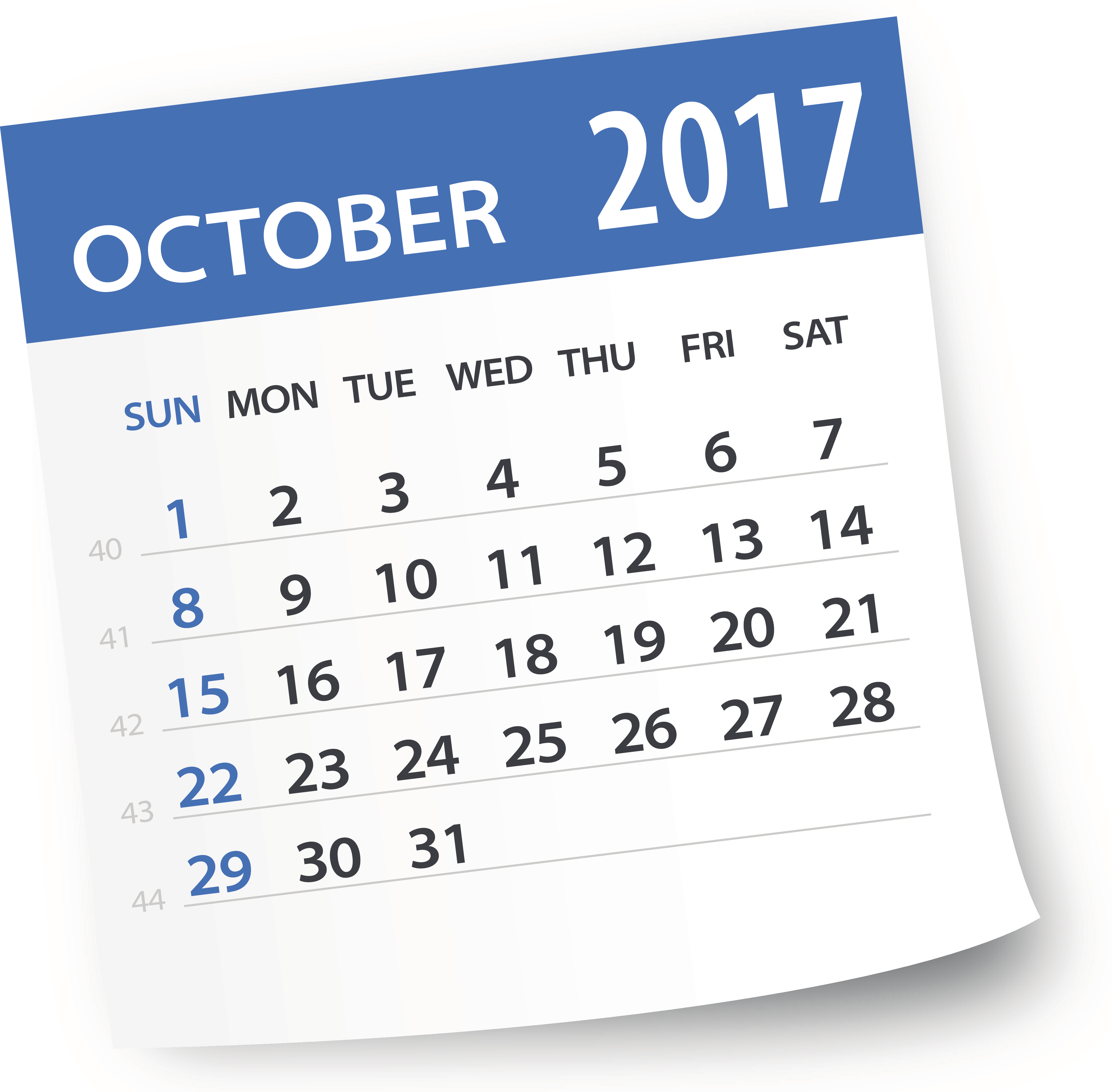JAN is fortunate to be able to use the JAN Blog as a vehicle for interviewing an organization, employer, individual, or business about how their work contributes to the employability of people with disabilities. In this Blog post, we’ve interviewed Barbara Bissonnette, certified coach and the Principal of Forward Motion Coaching. She specializes in career development coaching and workplace advocacy for individuals with Asperger’s Syndrome and Nonverbal Learning Disorder (NLD). She also offers training for professionals and consultations for parents.
Barbara is the author of the award-winning books: The Complete Guide to Getting a Job for People with Asperger’s Syndrome; the Asperger’s Syndrome Workplace Survival Guide: A Neurotypical’s Secrets for Success; and Helping Adults with Asperger’s Syndrome Get & Stay Hired: Career Coaching Strategies for Professionals and Parents of Adults on the Autism Spectrum. She also publishes the Asperger’s & NLD Career Letter which is available at no charge.
JAN consultants use and value the information available in Barbara’s books and newsletters, and had the opportunity last summer to attend her in-person training in Buffalo, New York. Read what Barbara has to say about herself and the services she offers that assist in employment situations.
Tell us a bit about yourself, your background, and how you got started in coaching.
Before coaching I had a business career, primarily in marketing. After 20 years, I wanted to give back my experience to people who could really benefit from it. I decided on coaching, expecting to work with small business owners.
I was midway through a graduate certificate program in executive coaching when I happened upon a workshop about coaching people with Asperger’s Syndrome. I attended for my own interest, and was fascinated by what I heard. I began networking with professionals, all of whom thought there was a need for employment coaching. That was in 2006, and I have specialized my practice since then.
Could you briefly explain your consultative services? What you do for the people who contact you?
I offer several services. One is coaching for individuals, either locally in Massachusetts or long distance via telephone or Skype. My practice is split between individuals who are seeking employment, and those who are facing challenges on the job.
I also consult with parents to help them figure out the type of occupation that will be manageable for their son or daughter. Some want to better understand the impact of Asperger’s or NLD.
Additionally, I consult with employers who know or suspect that they have an employee who is on the autism spectrum. Typically they want to learn more about how Asperger’s impacts an adult in the workplace, and what they can do to address performance problems. An employer sponsors me to coach an employee.
You mainly serve individuals with autism spectrum disorders, nonverbal learning disabilities, and those with other communication challenges, but are there other co-existing conditions or disabilities that are challenging as well?
The majority of my clients have Asperger’s Syndrome (and similar autism spectrum profiles) or NLD. I have also worked with people who have Turner Syndrome, agenesis of the corpus callosum (which can look very much like Asperger’s), hydrocephalus, and AD/HD.
How do you determine if coaching is the right thing for the people who contact you? Is that normally accomplished through the free 30 minutes?
The free, 30-minute session is for prospective coaching clients. They tell me about their situation, and why they are thinking about working with a coach. Then I explain how coaching works and answer their questions.
Coaching is an interactive process. To be effective, a client must be willing to learn or develop skills. He or she must also be willing to follow through on action steps in between the sessions. New clients commit to three sessions, so they can test whether it is right for them.
What would the average (if there is such a thing) schedule for coaching look like?
People usually have a session once per week, at least in the beginning. I don’t do coaching less frequently than every-other-week, because when too much time goes by in between sessions, people lose their focus and don’t make progress. Clients typically work with me for two to nine months. The length of time depends on the individual and what he or she is trying to accomplish.
What are some of the most common issues and difficulties the individuals you work with experience?
I’ll begin with job seekers. Many are intimidated and confused by the interview process. I help them understand the purpose of various questions, and how to clearly communicate their abilities. We may also work on body language. Recently, a client explained that she found it difficult to both listen and look at people. During interviews, she focused her gaze on objects. She was not aware that she was sending a nonverbal message that she was not interested in the job.
Often clients need assistance with resumes. A man with strong qualifications sent over 200 resumes, without being invited to a single interview. I saw one problem immediately: the font size was tiny! I explained that the resume was nearly impossible to read. This client was using a template that automatically adjusted the font size to fit on one page. He followed my suggestion to discard the template, and created an easy-to-read resume. Within one month he had several interviews.
Clients who are employed often have problems with interpersonal communication and/or organizational skills.
Communication is a broad area. The person may misunderstand employer expectations, or miss signals that there is a performance problem. He may ask too many questions, or disrupt co-workers with unusual behavior – as one man who said hello to everyone who walked past his cubicle. An employee may continually challenge others, wanting to perform a task her way, or tell colleagues that their ideas are silly.
Other clients experience executive function difficulties, and struggle to complete tasks efficiently. They need tools and strategies to organize assignments, manage time and identify priorities. Some must learn to control their emotions, especially anger and frustration.
What do you find most rewarding?
Watching the progress people make when a concept is explained in a way that they can understand, or when they learn a strategy that solves a problem.
How can individuals contact you for assistance?
I suggest visiting my Web site www.ForwardMotion.info. There, a person can learn more about my services, download free guides, and sign up for a free subscription to my monthly newsletter, the Asperger’s & NLD Career Letter. To arrange the free session for prospective coaching clients, individuals can email me at Barbara@Forwardmotion.info.











Comments